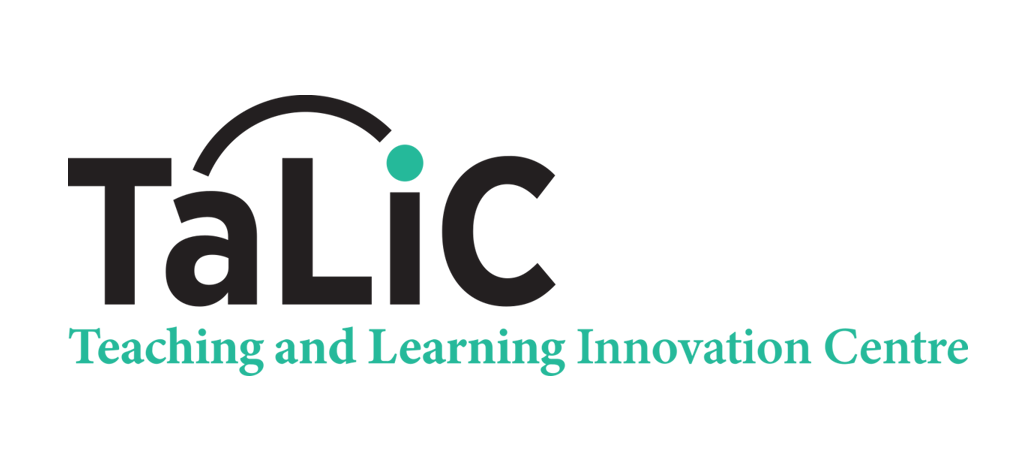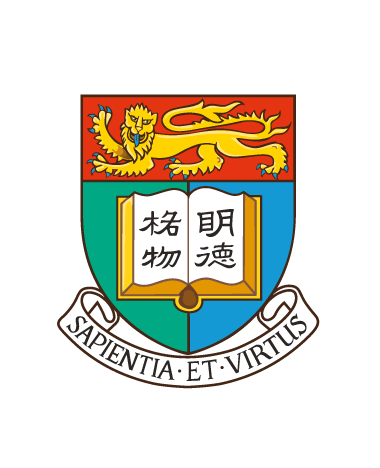The “AI Assessment Integration” framework (Chan & Colloton, 2024) incorporates nine types of assessments to evaluate student learning. The framework looks to enhance assessment methods with the integration of AI to utilise its strengths, with each of the nine types representing a distinct angle to assessment and learning. Below are the nine assessment types:
Performance-Based Assessment
Performance-based assessment emphasises on showcasing application of skills and knowledge in real-world or simulated scenarios, allowing students to demonstrate competencies such as creativity and problem-solving skills.
Example: A team assignment to complete a market report, where students have to demonstrate problem-solving skills, critical thinking, creativity and communication skills.Personalised or Contextualised Assessment
Personalised or contextualized assessment is based on the belief that each student’s academic path is distinct and individualised, allowing varied complexities and contexts in student work based on students’ learning profiles and experiences.
Example: A literary analysis which resonates with students, and incorporates students’ narratives or personal experiences.Human-Centric Competency Assessment
Human-centric competency assessment aims to evaluate skills that are uniquely human and difficult for AI to replicate, such as leadership skills and empathy.
Example: A practical assessment simulating a clinic, where students have to demonstrate skills such as communication skills and empathy in interacting with patients and their families.Human-Machine Partnership Assessment
Human-machine partnership assessment evaluates students’ abilities to interact, utilise, and collaborate with AI tools, while also ensuring their input and decision-making remain fundamental to the outcome.
Example: An assessment where students collaborate with AI tools in urban planning in a simulated city environment.Project-Based Assessment
Project-Based Assessment (PBA) emphasises students’ application of knowledge and skills in practical contexts over an extended period, focusing on the learning process and incorporating diverse tasks.
Example: A project assessment in environmental science contextualised within a community which requires students to conduct research, analyse data, and write a report, while also considering factors such as local biodiversity, socio-economic conditions, available resources, and environmental concerns.Adaptive Assessment
Adaptive assessment is an approach where the complexity of assessment questions are tailored for students based on previous assessment results, to ensure students are challenged at an appropriate level and the learning experience is personalised.
Example: A digital platform which progressively presents students with mathematical questions and problems, personalised for students’ level of learning based on their performance, strengths and weaknesses.Meta-Cognitive Assessment
Meta-cognitive assessment focuses on evaluating students’ awareness and understanding of their own cognitive processes; not only assessing what students know, but also how they approach and reflect on learning.
Example: A literary assignment which requires students to record their analysis of a text, step-by-step, such as how they dissect the narrative and their reasons for choosing certain analytical strategies.Ethical and Societal Impact Assessment
Ethical and societal impact assessment involves understanding, identifying, evaluating, and responding to the potential ethical and societal implications of a particular project, policy, programme, technology, or other initiative.
Example: An assessment where students are tasked to design an AI chatbot for enhancing user wellbeing, which involves not only the technical design of a bot, but also the potential societal and ethical implications of such tool for mental health.Lifelong Learning Portfolio Assessment
Lifelong learning portfolio assessment emphasises on continuous development, evolution, and self-reflection over extended periods, often throughout a student’s entire academic and professional journey.
Example: Curating a digital portfolio over a four-year course to document academic work, internships, self-initiated studies, and self-reflections over various learning opportunities.
Reference
- Chan, C. K. Y. & Colloton, T. (2024). Generative AI in Higher Education: A ChatGPT Effect. Routledge.



